Best Expense Management Software for 2024: Top 10 Solutions
Expense management software is crucial for businesses to track and control spending, ensuring efficiency and transparency. The right expense software not only simplifies the tracking of expenses but also automates approvals, streamlines reimbursements, and provides real-time reporting. With so many options on the market, finding the best expense management software for your company can be challenging. This article reviews the top 10 expense management tools, including their features, pricing, pros, and cons, to help you make an informed decision.
Introduction
Managing expenses is vital to every business’s financial health. From small startups to large enterprises, keeping track of daily expenses can become overwhelming without the right tools. As companies grow, manual processes or basic systems such as spreadsheets can lead to errors, inefficiencies, and missed opportunities for cost-saving insights.
That’s where expense management software comes in. These tools automate processes such as tracking receipts, reconciling payments, generating expense reports, and more. By streamlining these activities, businesses can gain better control over their spending and ensure regulatory compliance.
In this article, we will explore the Top 10 Expense Management Software that can cater to the needs of various businesses. These tools will not only simplify your expense management process but also integrate seamlessly with your financial software, saving time and reducing errors.
To understand more about the best options for managing your business expenses, keep reading as we break down the key features, pricing, pros, and cons of these tools. We will also cover common questions related to expense management, helping you make the best choice for your business.
1. Concur
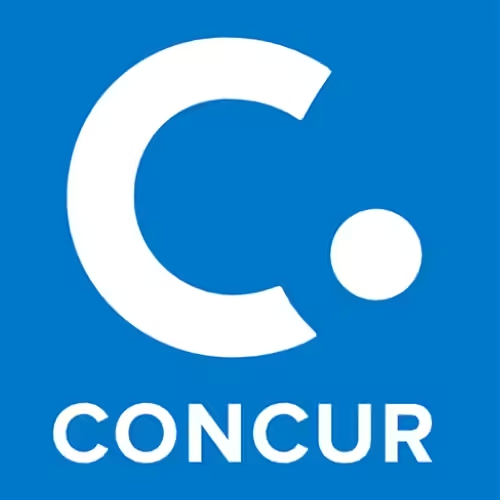
Concur is one of the most popular and widely used expense management tools. Developed by SAP, Concur is designed for businesses of all sizes, offering comprehensive features for managing travel expenses, reporting, and compliance.
Features:
- Automated expense tracking and reporting
- Seamless integration with SAP and other financial systems
- Compliance management
- Mobile app for on-the-go expense tracking
- AI-powered receipt scanning
Pricing:
Starts at $9 per user/month (basic plan)
| Pros | Cons |
|---|---|
| Comprehensive features for large enterprises | Expensive for small businesses |
| Excellent integration options | Steep learning curve |
| Mobile-friendly and accessible | Customer support can be slow |
2. Expensify

Expensify is a user-friendly expense management tool that automates expense reporting and integrates with popular accounting software. It’s ideal for small to medium-sized businesses looking for an affordable yet powerful tool.
Features:
- One-click receipt scanning
- Automatic report generation
- Reimbursement tracking
- Integration with accounting tools like QuickBooks and Xero
- GPS mileage tracking
Pricing:
Starts at $5 per user/month
| Pros | Cons |
|---|---|
| Easy to use and setup | Limited advanced features |
| Affordable pricing | Customer support can be improved |
| Integrates well with accounting software | Limited reporting capabilities |
3. Zoho Expense
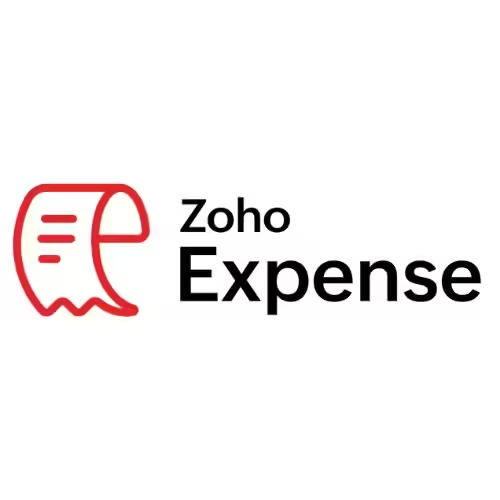
Zoho Expense is part of the Zoho suite and is perfect for businesses that need a cost-effective expense management solution. It comes with excellent customization options and integrates smoothly with Zoho’s other business tools.
Features:
- Multi-currency support
- Credit card integration
- Expense approval workflows
- Mileage tracking and receipt scanning
- Seamless integration with Zoho Books
Pricing:
Starts at $3 per user/month
| Pros | Cons |
|---|---|
| Affordable pricing for small businesses | Lacks advanced features for large enterprises |
| Excellent integration with Zoho tools | Interface can be complex for new users |
| Highly customizable workflows | Limited third-party integrations outside Zoho |
4. Rydoo
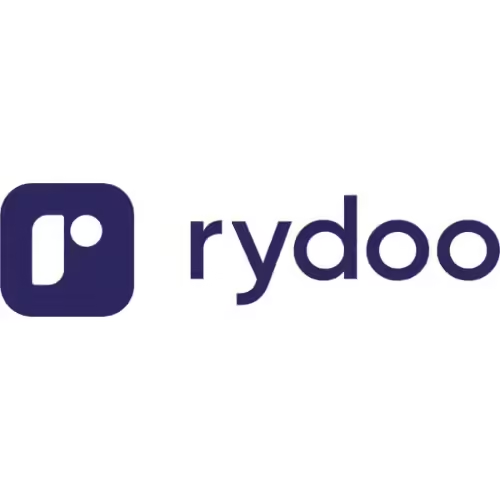
Rydoo offers an intuitive platform for managing travel and expense reports. It’s designed for both small and large businesses and supports seamless approval workflows and compliance tracking.
Features:
- Real-time expense tracking
- Multi-language and multi-currency support
- Automated approval workflows
- Integration with accounting systems
- Travel booking integration
Pricing:
Starts at $7 per user/month
| Pros | Cons |
|---|---|
| Easy to use and navigate | Pricing can increase with advanced features |
| Excellent for travel management | Lacks some customization options |
| Compliance management | Customer support can be slow |
5. Certify
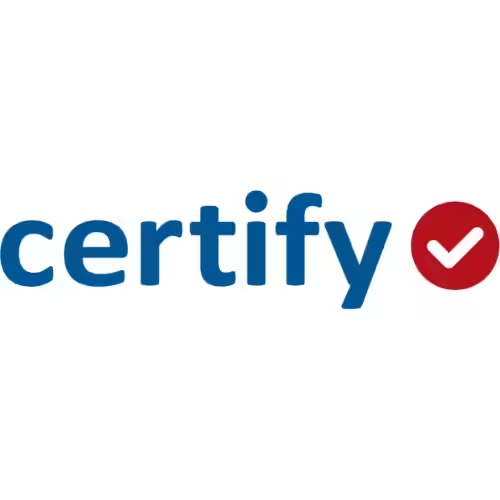
Certify is known for its ease of use and comprehensive features, making it a great option for medium to large-sized businesses. The tool provides a seamless process for capturing and managing expenses, with built-in compliance features.
Features:
- Mobile app for expense tracking
- Automatic expense categorization
- AI-based receipt recognition
- Expense reporting and analytics
- Integration with major accounting platforms
Pricing:
Starts at $8 per user/month
| Pros | Cons |
|---|---|
| Intuitive interface | Higher cost compared to other tools |
| AI-powered receipt scanning | Limited features for small businesses |
| Excellent customer support | Can be complex to configure initially |
6. QuickBooks Online

QuickBooks Online is a well-known accounting tool that includes robust expense management features. It integrates expense tracking directly with financial management, making it ideal for small businesses already using QuickBooks for their accounting needs.
Features:
- Expense tracking and categorization
- Receipt capture via mobile app
- Automatic mileage tracking
- Syncs with bank accounts and credit cards
- Advanced financial reporting
Pricing:
Starts at $15 per user/month
| Pros | Cons |
|---|---|
| Strong integration with accounting software | Limited to businesses using QuickBooks |
| Real-time tracking | Expensive for smaller teams |
| User-friendly | Some features require additional add-ons |
7. Xero Expenses
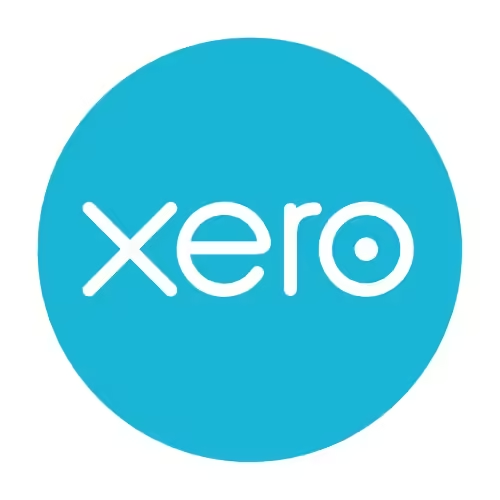
Xero is a cloud-based accounting software that includes a powerful expense management feature. It’s ideal for small businesses looking for an all-in-one solution to handle both accounting and expenses.
Features:
- Direct integration with Xero accounting
- Automated receipt capture
- Employee reimbursement tracking
- Multi-currency support
- Advanced reporting tools
Pricing:
Starts at $12 per user/month
| Pros | Cons |
|---|---|
| Seamless integration with Xero | Requires a Xero subscription |
| Simple and easy to use | Limited customization options |
| Great for small businesses | Lacks advanced features for larger organizations |
8. Tallie
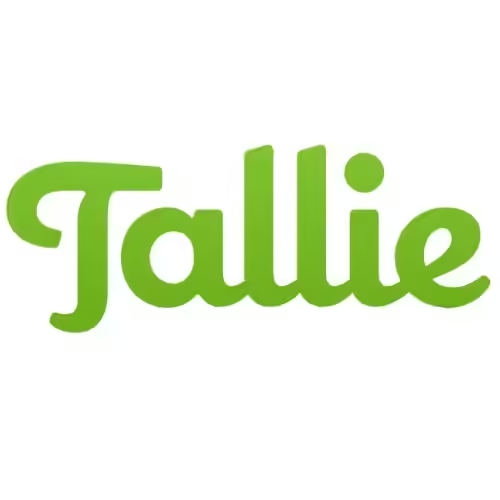
Tallie is a cloud-based expense management software designed to simplify the process of capturing and approving expenses. It’s ideal for businesses that need a streamlined approach to expense tracking.
Features:
- Receipt scanning and matching
- Auto-categorization of expenses
- Multi-stage approval workflows
- Integration with QuickBooks and Xero
- Advanced reporting
Pricing:
Starts at $6 per user/month
| Pros | Cons |
|---|---|
| Easy to set up and use | Lacks some advanced features |
| Great for smaller teams | Customer support can be slow |
| Affordable pricing | Limited integration options |
9. Abacus
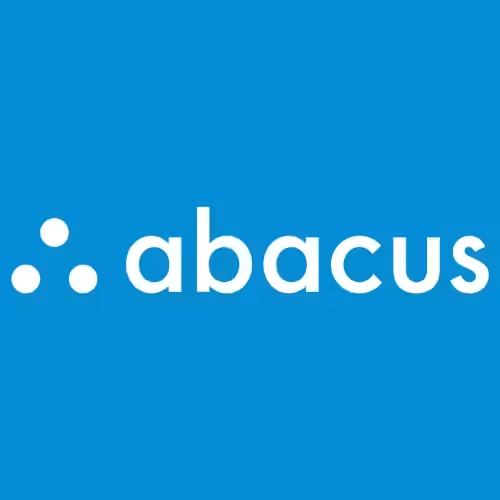
Abacus offers a dynamic approach to managing expenses, allowing for real-time approval and tracking. It’s suitable for both small and medium-sized businesses looking for a solution that can grow with them.
Features:
- Real-time expense reporting
- Custom approval workflows
- Automated policy enforcement
- Mobile app for on-the-go management
- Direct integration with accounting systems
Pricing:
Starts at $9 per user/month
| Pros | Cons |
|---|---|
| Real-time tracking | Expensive for smaller businesses |
| Automated approvals | Can be complex to set up |
| Mobile-friendly | Limited customization options |
10. Fyle
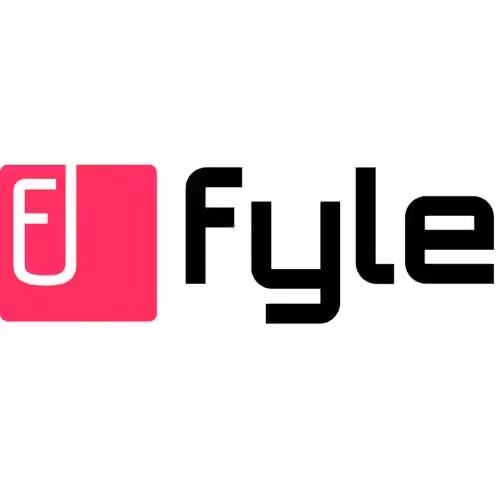
Fyle is a modern expense management tool designed to simplify the process of submitting, tracking, and approving expenses. It’s a great option for businesses that need a highly automated solution for managing their financials.
Features:
- AI-powered receipt capture
- Multi-level approval workflows
- Automatic policy enforcement
- Real-time analytics and reporting
- Integration with accounting tools like QuickBooks and Xero
Pricing:
Starts at $4.99 per user/month
| Pros | Cons |
|---|---|
| Simple and intuitive interface | Limited features for large organizations |
| Affordable pricing | Limited third-party integrations |
| AI-powered expense tracking | Limited customization options |
Conclusion
Choosing the best expense management software for your business can significantly improve your financial tracking, reduce manual errors, and streamline workflows. Each tool listed in this article provides unique features that cater to businesses of different sizes and industries. By selecting the right tool, you can ensure more accurate expense reporting and better financial control.
For more insights on managing your business effectively, check out our other articles on the Best Project Management Software, Top 10 Business Analysis Tools, and Best Small Business Accounting Software.
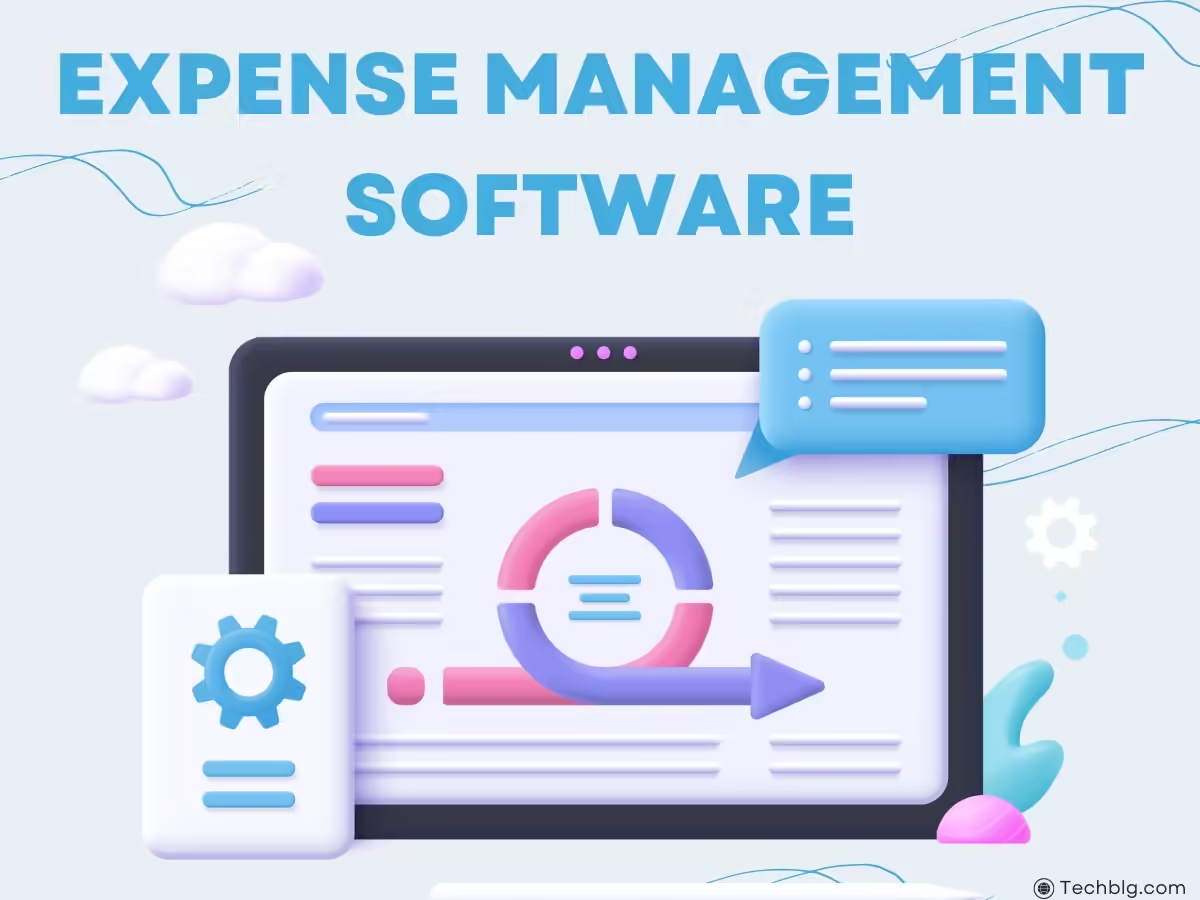
Leave a Reply